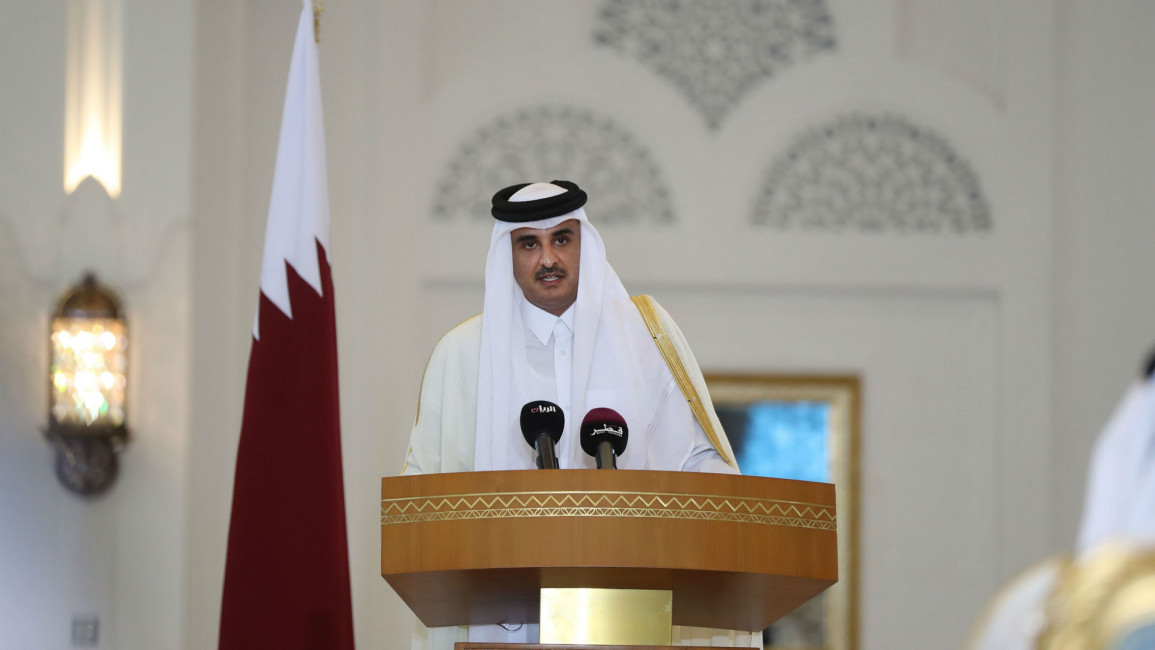Qatar economy, World Cup work progressing despite blockade
Qatar, which is the world's top exporter of liquefied natural gas, has attempted to protect its economy since June 5, when Saudi Arabia, the United Arab Emirates, Bahrain and Egypt cut diplomatic ties with Doha, accusing it of financing terrorism - an allegation it denies.
"We are still doing very well and will make sure economic growth outpaces that of the region," Finance Minister Ali Sherif al-Emadi told Reuters, noting Doha expects a growth of 4 percent for its private sector in 2018.
He also said Doha was continuing to make fast progress in preparations for the 2022 World Cup, noting it expected to complete 90 percent of all infrastructure by 2019.
Last month, the International Monetary Fund said the economic impact of a ten-month Saudi-led blockade on Qatar is fading, with the Arab quartet not achieving its plan aims.
The IMF report said although some economic challenges remain for Doha, negative effects of the boycott were "transitory" as Qatar was able to quickly open up new trade routes, bypassing the Saudi-imposed blockade.
"We haven't seen any change in financial institutions' behaviour towards us. It is business as usual," Emadi said. "If we see a good opportunity we will go out."
Turkey, Iran and Oman among others quickly stepped in and hiked up trade to Qatar.
Foreign financing and resident private sector deposits had fallen by $40 billion, but these losses were offset by cash injections by the central bank and Qatar's sovereign wealth fund, the IMF added.
Qatar has been hit by the slump in global oil and gas prices with austerity measures introduced to cope with the loss in revenues.
Although Qatar's economy and banking and financial systems remain sound, there are still some risks, the IMF said.
"The main risks relate to the possibility of lower hydrocarbon prices, the implementation of planned fiscal measures and uncertainty associated with the lingering impact of the diplomatic rift," it said.
The IMF did warn an escalation in the Gulf crisis could worsen the situation, but said if the banking system adjusts to a new funding model, Qatar will likely weather the storm.
Saudi Arabia and the UAE launched the blockade in June, after hackers posted fake comments attributed to Qatar's emir on the country's state news agency.
Media from the blockading countries continued to report these fake statements and demanded Doha cut ties with Iran, close a Turkish base in the emirate, and shutter media such as Al Jazeera and London-based The New Arab.



